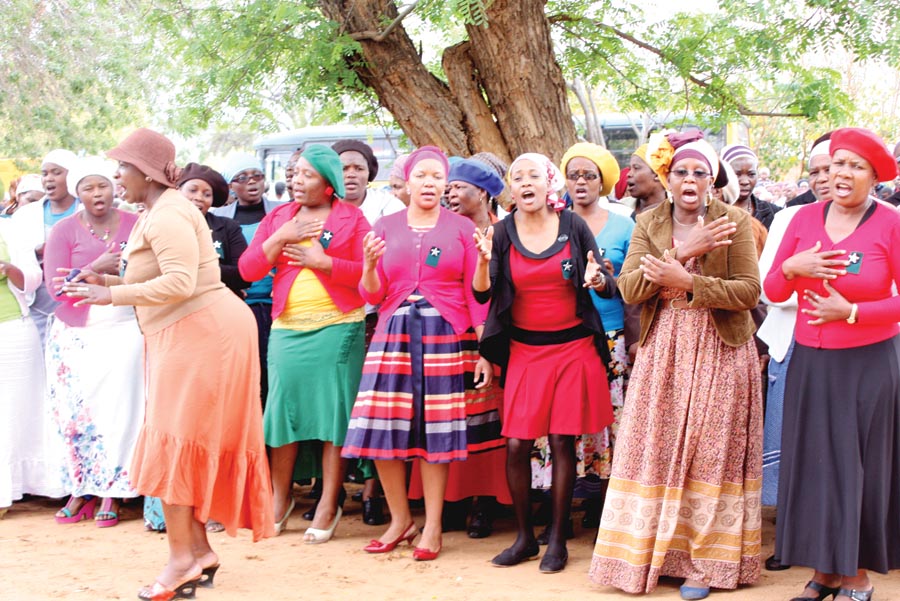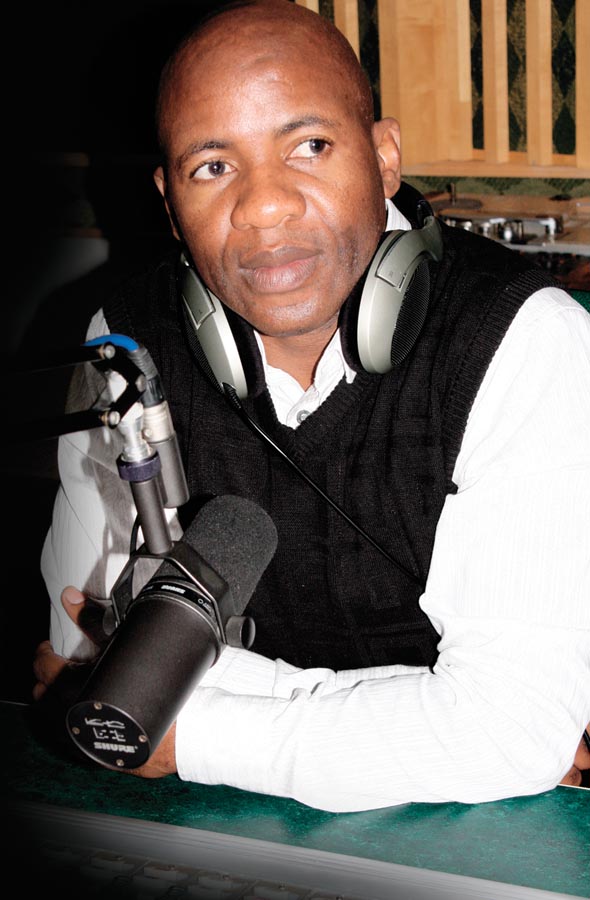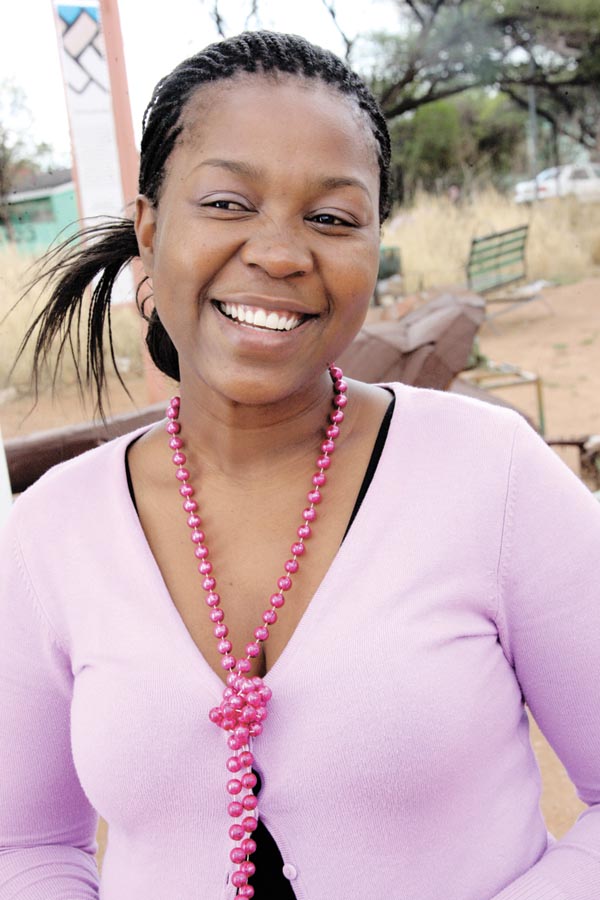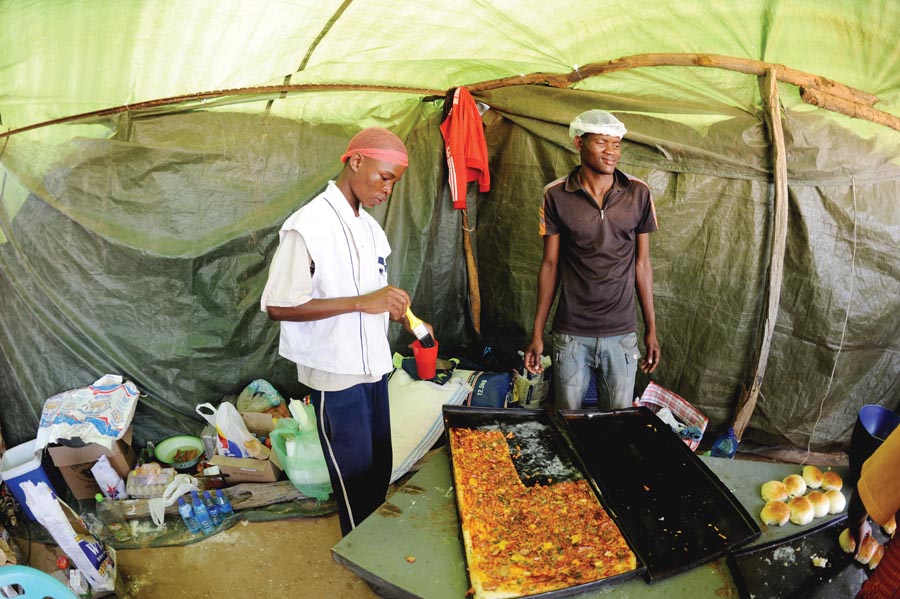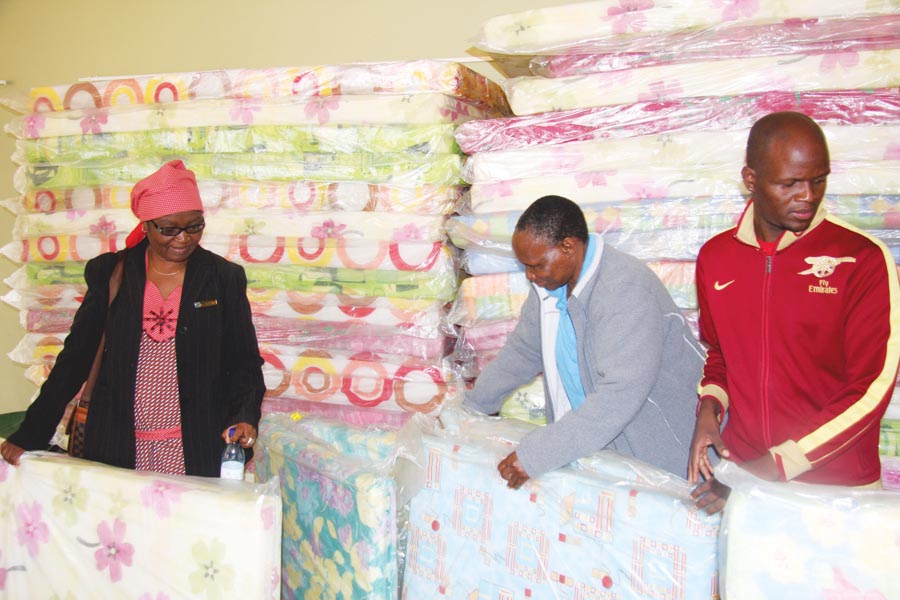Featured Articles
Blog
Editors Note

Illegal immigrants
There is a popular but subtle perception that most illegal immigrants in Botswana especially Zimbabweans are just a nuisance.
We blame them for almost everything that goes wrong in our society.
This is not peculiar to Botswana though.
Thus, research shows that migrants around the globe are commonly and deliberately associated in news media, by politicians and popular discourse with crime, trafficking, drugs, disease, AIDS and other social ills.
What makes matters worse is widespread categorisation of persons as illegal immigrants.
This renders them simply outside the applicability and protection of the law in many countries.
Thus, this characterization leaves them without legal status, legal identity and no existence.
This predisposes them to exploitation especially in marginal, low status, inadequately or illegalised sectors of economic activity.
They are mostly engaged in what is called the “Three-D” jobs – dirty, dangerous and difficult.
In this issue we carry a story as told by an illegal Zimbabwean migrant.
His is a refreshing narrative of a man who has found living among Batswana, though illegally, worthwhile.
Though against the law, the Rabashis have treated this illegal migrant as one of their own.
Rabashis are a microcosm of Botswana society in that unlike in other countries, migrants, both legal and illegal, have generally not been subject to xenophobic tendencies.
Even at government level, illegal immigrants have not been treated as criminals or denied basic human rights.
Therefore, I am inclined to argue that as Batswana we have done well in protecting the human rights of illegal immigrants notwithstanding some minor slip ups here
and there.
This is, to some extent, in line with the Global Campaign for Migrants’ Rights and most of it all the Universal Declaration on Human Rights.
Once their economy is back on its feet, I bet Zimbabweans will thank Batswana, as they did during the liberation struggle, for a shoulder to lean on when days were dark.
Just performance
Gender is just a performance. I mean it is not an ascribed status but a human construct in that, distinct from our physiological and anatomical differences, men and women act differently in society based on role expectations.
Role expectation follows a cultural script where by society expects certain roles to be performed based on sex difference.
It is not natural but nurtured.
Such a construction has engendered a hierarchical man-woman system that keeps women in subordinate positions.
Consequently men see themselves as masters in their relations with women.
This is more pronounced in the domestic sphere where role expectations between men and women follow a binary logic such that the place for a woman is in the kitchen.
Thus, femininity equals domesticity.
Men cannot imagine themselves coming from work tired but at the same time expected to cook, wash, bath and feed the kids, clean the house and prepare for the
next day’s work.
Men always want to maintain a master status, doing everything by remote control under the guise of “providers”.
That I have always argued against practices and beliefs that promote asymmetrical relations between men and women has never been in doubt.
In this issue, we carry a story that attempts to subvert this binary logic; that seems to debunk the myth that a woman’s place is in the kitchen.
There is a new breed of a male species, the grastrosexuals, which is eager to displace the female species from the kitchen or strike a balance to make the kitchen a neutral space.
Editor (Print)
Thomas T. Nkhoma
read morePolling

Is online betting an alternative income stream or a risk
Is online betting an alternative income stream or a risk
Results
Yes, it is an alternative income stream.: 0.00%
It is a risk. : 3.45%
Not sure.: 96.55%



